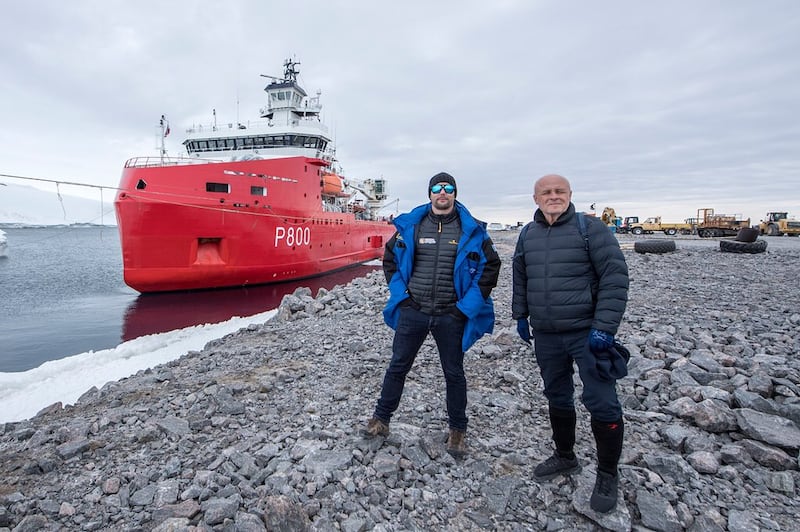The UN aims to turn urgency into action as oceans face stress from acidification, overfishing, rising sea levels, plastic pollution, and deep-sea mining concerns.
Co-hosted by France and Costa Rica, the third United Nations Ocean Conference (UNOC3) will take place from June 9 to 13. On Tuesday, France held a debrief with international media.
UNOC3 will bring together governments, UN agencies, civil society, Indigenous communities, scientists, and the private sector to confront these challenges. The conference’s two main priorities are building a sustainable blue economy and improving the production and dissemination of marine science.
While deep-sea mining is not a central focus of the conference, it remains a critical concern for Pacific Island nations, and Te Ao Māori News raised the issue with France, given its leadership on the matter.
Olivier Poivre d’Arvor, French Ambassador for the Ocean and President Emmanuel Macron’s Special Envoy for UNOC3, reaffirmed France’s support for a moratorium on deep-sea mining.
The ambassador said a precautionary pause remains the best course of action, particularly because there is currently no urgent need for these minerals, though he acknowledged that could change in ten years.
Financial viability in question
“Also, because there is no economic model... I’m not sure it will be good business for the US,” he said. “It’s very risky, not only for the environment, but also for business.
Recently, the OECD reported that the economic case for seabed mining, particularly deep seabed mining, is not viable. Furthermore, the only commercial attempt at deep-sea mining was Nautillus Minerals, which collapsed into bankruptcy.
The metals company faces potential financial risks and uncertainties due to outdated cost projections and rising expenses, and even at full production, its output would supply only about 3% of global nickel and cobalt demand, leaving 97% reliant on land mining.

Legal Disputes Over U.S. Position
France also criticised the United States for its stance on deep-sea mining.
“We were very surprised to hear about the unilateral decision of the US... the Donald Trump decree stating the US is ready to start deep-sea mining activities,” said d’Arvor.
“Not only in its own EEZ, which is possible, but in the high seas, which is not legal at all.”
The US has faced criticism for bypassing the United Nations Convention on the Law of the Sea (UNCLOS), which defines Exclusive Economic Zones (EEZs) as areas where countries have special rights to explore and manage marine resources. Other countries cannot exploit these resources without permission.

The US maintains that its actions are legally justified under the Deep Seabed Hard Mineral Resources Act of 1980, which permits deep-sea mining beyond national jurisdiction.
The legal pathway to extract minerals from international waters is governed by the UN’s International Seabed Authority (ISA). In July, the ISA is expected to finalise its Mining Code, a set of rules, regulations, and procedures for prospecting, exploration, and exploitation of deep-sea minerals.
France argues it is premature to adopt such a code without sufficient scientific evidence on the environmental impacts.




